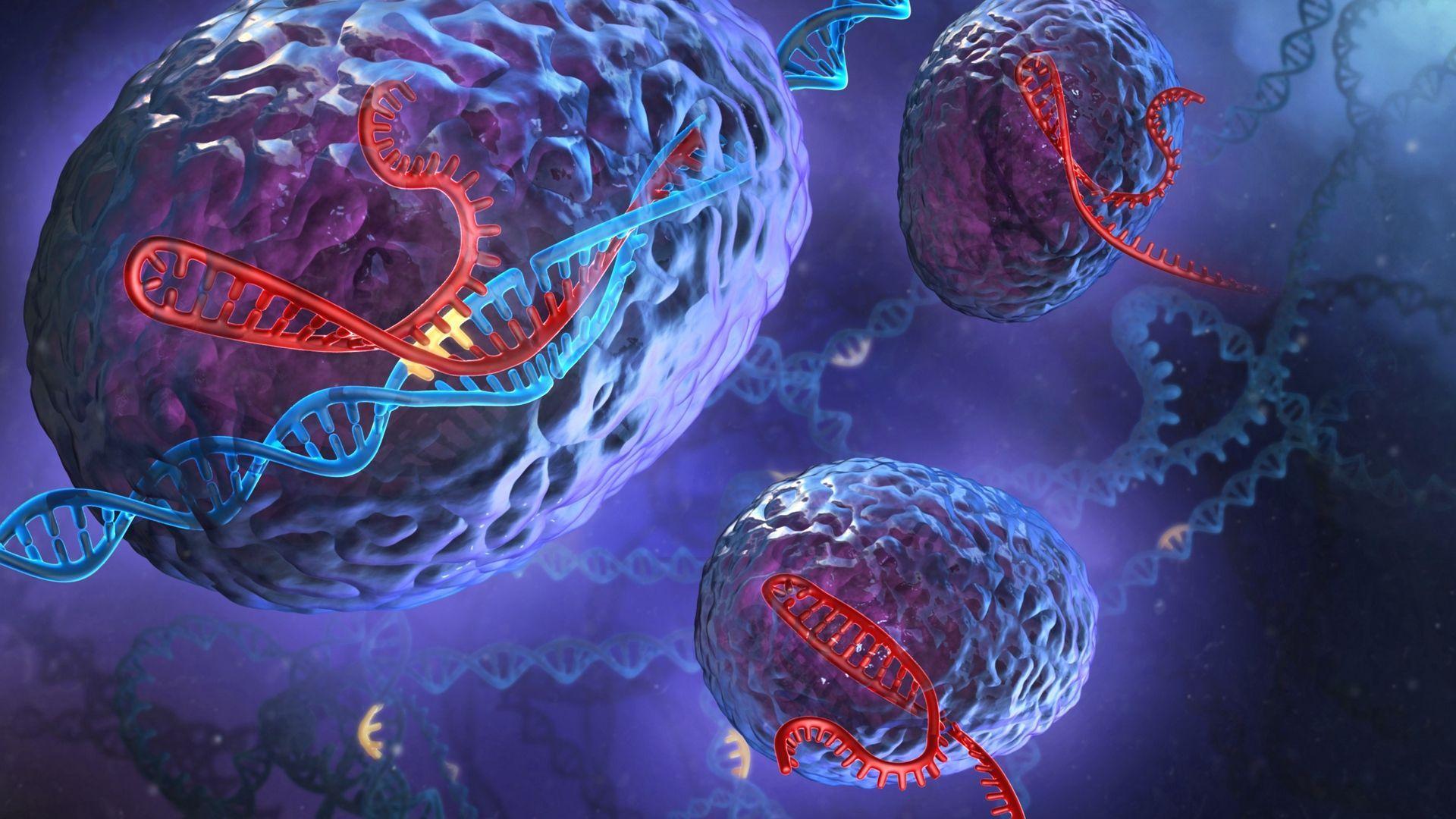
The course has all the content for 38 chapters for Biology across XIth & XIIth class. Content includes video lectures, quizzes & test series.
We reward students who do exceptionally well in NEET exam and get top ranks in top 1000!!:
NEET Biology Syllabus Overview:
-
The NEET Biology syllabus encompasses two branches:
-
Botany:
This field delves into the study of plant life, including topics like plant anatomy, physiology, and ecology. -
Zoology:
Here, we explore animal biology covering aspects such as animal diversity, physiology, and genetics. - .The syllabus is designed to assess candidates on both Class 11 and Class 12 topics .
- .It’s extensive, necessitating a thorough understanding of fundamental concepts.
- Reproduction: Covers topics related to human reproduction, reproductive health, and reproductive technologies.
- Genetics and Evolution:Explores inheritance patterns, molecular genetics, and evolutionary processes.
- Biology and Human Welfare: Focuses on health, diseases, and biotechnology applications.
- Biotechnology and its Applications: Delves into genetic engineering, biotechnological tools, and applications.
- Ecology and Environment: Examines ecosystems, biodiversity, and environmental issues.
- Biology constitutes 50 questions (45 to be answered) for a total of 180 marks.
- The syllabus covers fundamental concepts in cell biology, genetics, human physiology, plant physiology, reproduction, and ecolog
NEET Biology Class 12 Syllabus:
Based on 13 chapters from five units:Weightage and Important Topics:
Requirements
-
NEET Class 12 Biology Syllabus:
- Cell structure and function
- Genetics
- Ecology
- Biotechnology
- Human physiology
- Reproduction: Understanding sexual and asexual reproduction.
- Principles of Inheritance and Variation: Mendelian genetics, non-Mendelian genetics, and chromosomal disorders.
- The Molecular Basis of Inheritance: DNA structure, replication, transcription, and translation.
- Evolution: Evidence for evolution, natural selection, and mechanisms of evolution.
- Human Health and Disease: Common diseases, immunity, and HIV/AIDS.
- Microbes in Human Welfare: Industrial and household applications of microbes.
- Biotechnology: Principles, processes, and applications.
- Ecology: Ecosystems, energy flow, and nutrient cycling.
- Biodiversity and Conservation: Importance of biodiversity and conservation efforts.
- It’s crucial for students to have a clear understanding of the interrelationships between different biological processes and their applications.
The NEET Class 12 Biology syllabus covers a wide range of essential areas, including:
The syllabus emphasizes both theoretical knowledge and practical applications.
Key Units and Topics:
Here are some of the key units and topics covered in Class 12 Biology:
Conceptual Clarity:
The target audience for the Biology NEET exam primarily consists of aspiring medical students in India. These students are preparing to pursue undergraduate courses in medicine, dentistry, or other related fields. The NEET (National Eligibility cum Entrance Test) is a crucial examination that determines admission to various medical colleges across the country. Aspirants focus on mastering biology concepts, including topics such as human physiology, genetics, ecology, and more. Success in the NEET exam opens doors to fulfilling careers in healthcare and medical research.
-
Unit I: Diversity of Living Organisms
Chapter 1: The Living WorldBiodiversity; need for classification; three domains of life; taxonomy and systematics; concept of species and taxonomical hierarchy; binomial nomenclature.
-
Chapter 2: Biological Classification
Five kingdom classification; salient features and classification of Monera, Protista, and Fungi into major groups; Lichens, Viruses, and Viroids.
-
Chapter 3:Plant Kingdom
Classification of plants into major groups; salient and distinguishing features and a few examples of Algae, Bryophyta, Pteridophyta, and Gymnospermae (Topics excluded – Angiosperms, Plant Life Cycle, and Alternation of Generations).
-
Chapter 4: Animal Kingdom
Salient features and classification of animals, non-chordates up to phyla level, and chordates up to class level (salient features and a few examples of each category). (No live animals or specimen should be displayed.)
-
Happy To Help!
Book a free consulting session with our Expert




There are many variations of passages of Lorem Ipsum available, but the majority have alteration in some form, by injected humour.
There are many variations of passages of Lorem Ipsum available, but the majority have alteration in some form, by injected humour.
There are many variations of passages of Lorem Ipsum available, but the majority have alteration in some form, by injected humour.